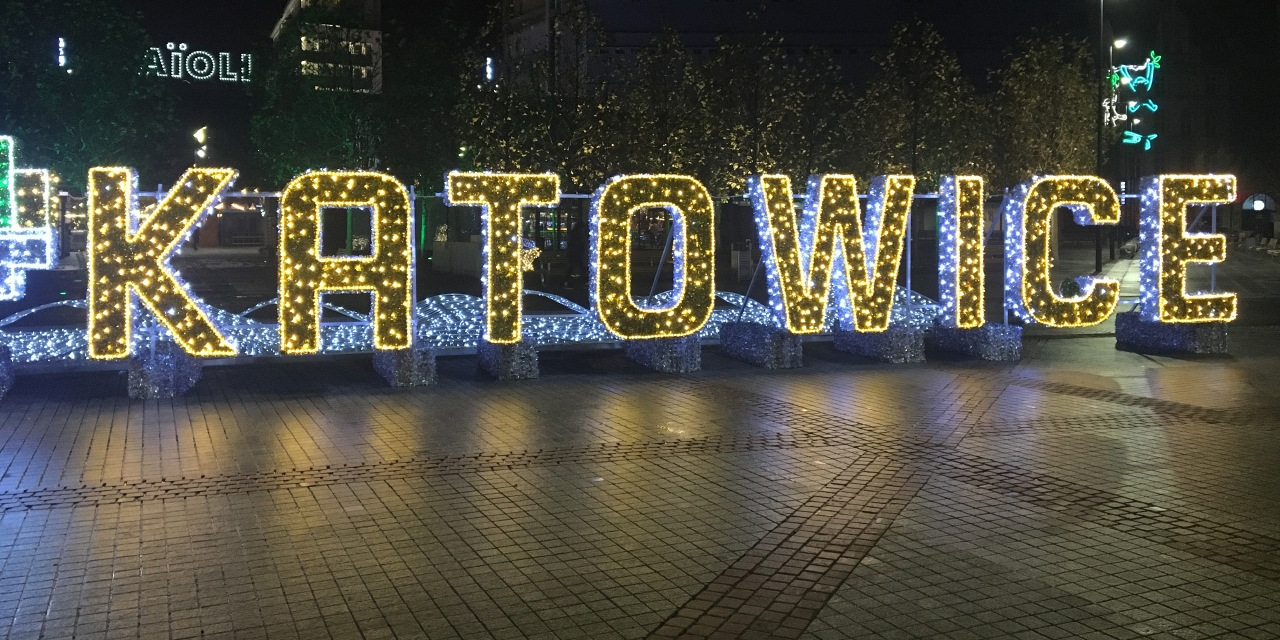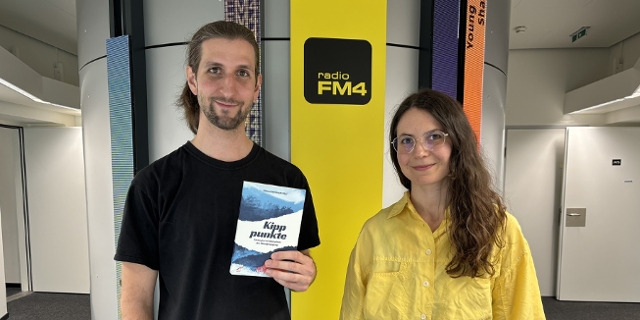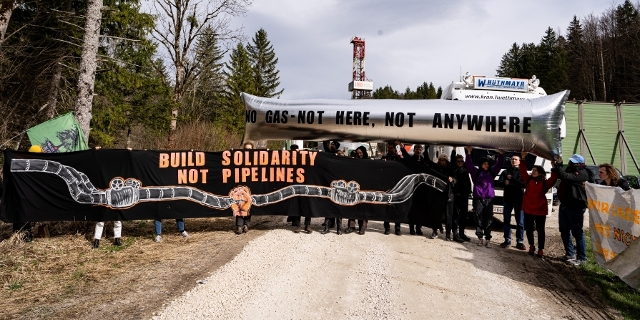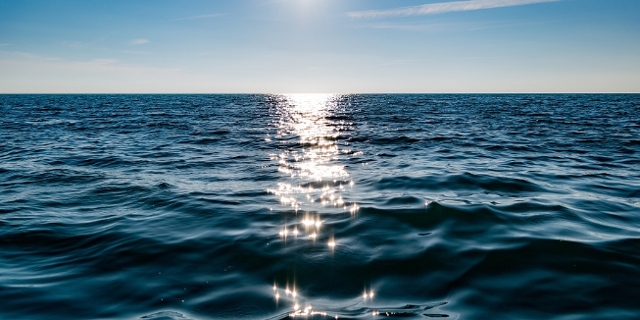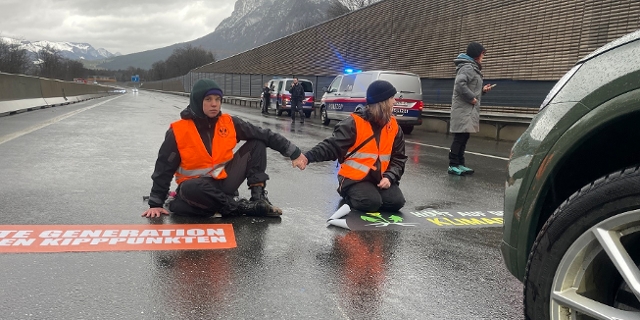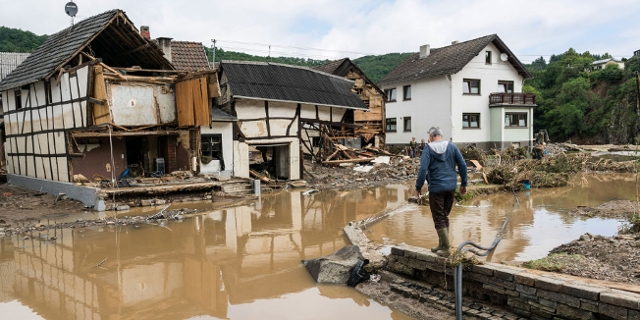A Climate Summit in Coal City
As you walk towards the conference centre hosting the COP24 climate summit, you are left in no doubt that Katowice is a coal town. The old Habsburg-era buildings in the old town are now darkly soot-blacked you can smell the coal smoke in the air.
Dieses Element ist nicht mehr verfügbar
I have even begun to think I can taste it when the December drizzle splashes onto my lips. At night, as I walk back to my hotel, the ill-wreaking vapours are highlighted by the sodium glare of the street lights, giving the town the dystopic feel of Dickensian London.
“Poland is a coal country”
Almost 80% of Poland’s electricity is produced by coal, meaning the thousands of delegates wandering the airy halls and corridors of the giant conference centre these days are being kept warm by the most polluting fossil fuel there is. Rather provocatively the City Hall has decorated its pavilion with the COP24 complex with stacks of coal.
“We cannot hide that Poland is a coal country,” the display’s designer Marcin Steincek told me this week, “but coal isn’t everything.” He pointed to another wall at the opposite side of the pavilion bedecked with green plants and flowers. “On the one side we have our heritage, our roots. But this is about the transition to a cleaner future. That is the transformation from Black to Green – that is the theme here.”
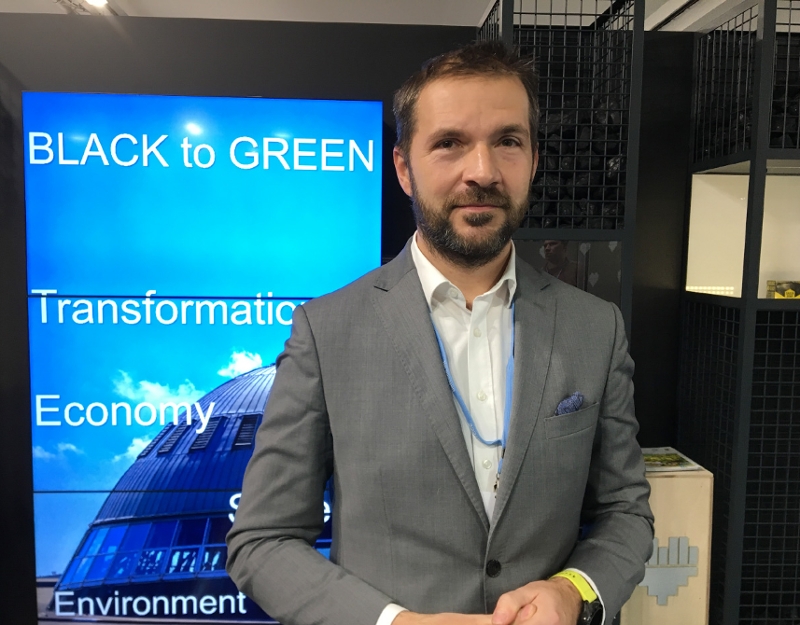
Radio FM4 / Chris Cummins
“It’s about people’s health”
It’s true that the city is changing. There used to be 12 coal works ringing the city in communist times, now there are just 2, and a network of footpaths and cycle paths sweep impressively under the specially built flyovers near the conference centre.
But the coal still heats the houses; and Poland, which currently imports coal from Russia to supplement its own production, is planning a new 1,000-megawatt coal-fired power plant. The air is foul.
“My lungs are probably tarred with black on the inside,” says Pascoe Sabido of Corporate Europe Observatory. “Anyone who has tried to do any exercise has suffered. I can’t imagine what it was like ten or 15 years ago. There are coal stations around here that are causing two thousand premature deaths a year. This is not just about the climate. It is about the local environment. This is about people’s health.”
Here to Stay?
Air pollution, which causes 400,000 premature deaths every year in the EU, is a sensitive issue in Poland, but the country’s leaders refuse to wave it goodbye.
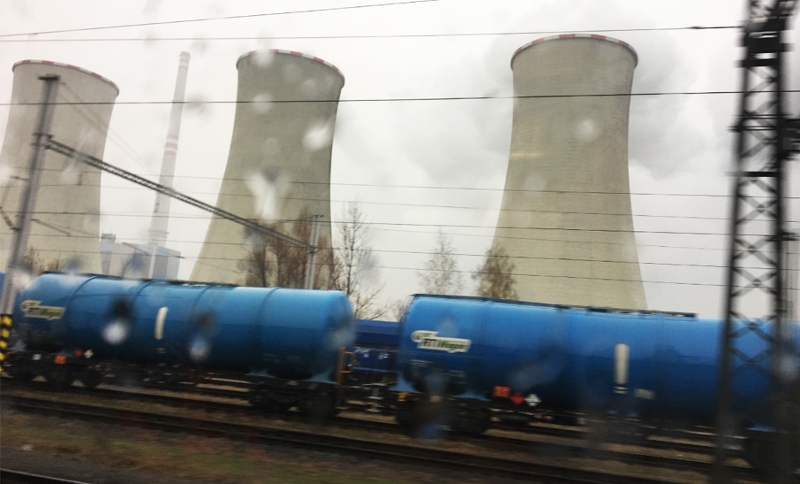
Chris Cummins
On the second day of this summit, President Andrzej Duda wrote a letter to miners assuring them that “the mining industry and coal-based energy are and will remain for the foreseeable future the foundation of our country’s energy security.”
In 2040, a point where we should be nearing the EU deadline for a fossil fuel free future, Poland still plans to be producing 30 percent of its energy from coal.
In Krakow Tomasz Zawada says air pollution is making his life miserable in winter. He is asthmatic and the toxic air means he can only leave the house with a face-mask during the heating season and can’t do any sports. He says the government has spent 60 billion euro artificially propping up the coal industry since 1990 through subsidies, „hidden taxes“ and the medical costs of coal-related illness.
Zawada says despite representing now only a small segment of the Polish economy, the coal industry weilds great power over politicians.
The Power of the Lobbies
Coal companies are official sponsors of the COP24, a move that has raised many eyebrows. Pascoe Sabido says the summit is under “the most blatant influence of fossil fuels since the 2013 COP19 in Warsaw where Poland also gave the Big Oil and Big Coal big publicity. But he says that this not the real point. What matters is what goes on inside the negotiating chambers.
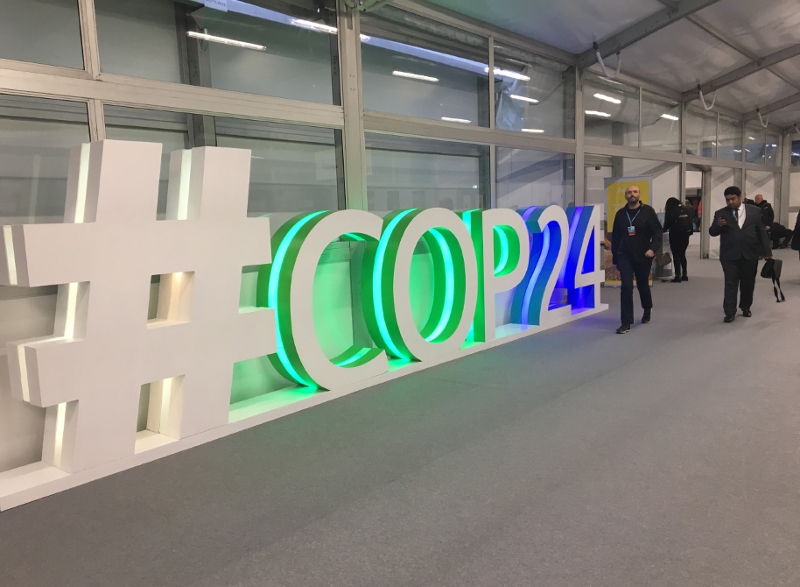
Radio FM4 / Chris Cummins
The point of COP24 is to decide an international “rulebook” to implement the Paris Agreement carbon reduction targets fairly, efficiently and transparently. The aim is to find a path towards reducing warming to the 1.5 degree threshold that would mean climate change, while still proving destructive and disruptive, will not be “catastrophic.”
The problem is, says Sabido, that because of corporate lobbying “the solutions being put forward are the ones we’ve seen fail in the past such as carbon markets, geo-engineering and forest offsets and these are exactly the sort of money making schemes we have seen the big fossil fuel companies and banks push for in the past.”
Poland is appealing for time to gradually adjust. Michał Kurtyka, the deputy energy minister who is the president of COP24 calls this “a just transformation that will help preserve the climate while maintaining economic development and jobs.”
“Coal has to go”
But Bangladeshi climate expert Saleem Huq of the International Institute for Environment and Development, has little patience.
Huq has been to every single UN Climate Summit and witnessed over two decades of delaying tactics. Now time is running out. Rising sea levels caused by polar ice melts mean an existential threat to 150 million Bangladeshis.
“Coal has to go,” he told me. “That’s going to be rough on people who have been reliant on coal or have jobs in coals; and I feel for them. But they are the past and they have to become the past as soon as possible.
Huq says there are new jobs in green industries that are being created “at a pace that is becoming overwhelming.” Sabido says the key is the help retrain the losers of the transition so that they can take advantage of these new opportunities. Re-training is costly, but those costs fade into insignificance compared to the medical costs caused by the air pollution problem, not to mention the forecasted economic pandemonium linked to runaway climate change.
“The fossil fuel industry has captured our government”
It is unlikely that this COP will persuade countries like Poland to change tack. The political winds are blowing in the wrong direction. In the US, the Trump Administration has announced it is pulling out of the Paris Agreement. This Monday the US delegation at Katowice will be promoting coal at a side event climate summit.
Trump stated baldly that he disbelieved the alarming science produced in the latest US National Climate Assessmentreleased at the end of last month. New York Tomes columnist called this anti-science stance “depravity, on a scale that makes cancer denial seem trivial.”
“The fossil fuel industry has captured our government” Jesse Bragg of the US group Corporate Responsibility told me. “That’s nothing new. The difference is that the Trump Administration is just open about it.”
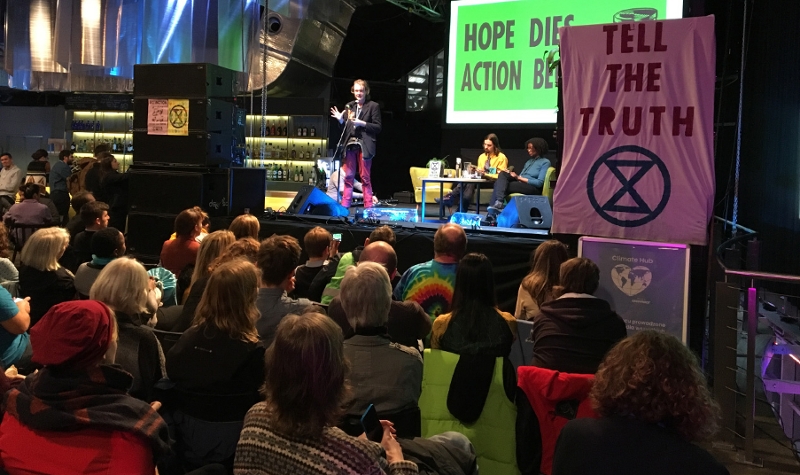
Radio FM4 / Chris Cummins
A Disingenuous Conference?
Stuart Scott of the activist group Scientists Warninghas had enough of what he calls the “stunning contradictions and hypocrisy that goes on within politics and diplomacy” when it comes to climate change.
He calls meetings like the COP24 “disingenuous” because, he says, politicians are not seeking real solutions whether though cowardice or greed. He told me this had led him to leave the etiquette of “polite science” behind to try to become a force to focus the minds of policy makers.
He urges people to get “angry, very angry” about the stagnant response to climate change and then “get active, and that means educating yourself.” The clock, he points out, is ticking.
Grass Like The Australian Desert
It is not the style of Austrian President Alexander Van der Bellen to use such explosive language, but he too has been appealing for more urgency at the COP24. He has formed an alliance of 19 EU heads of state and government pushing for speedier carbon cuts. He told me this was “the responsibility of every country, big or small” and that he doesn’t want “Austria to be a free-rider of the efforts of others.”
Such positive action would be in the interest of Bangladesh and those vulnerable Pacific Islands, of course, at risk of disappearing under the waves; but Van der Bellen warned Austrians against viewing climate change as crisis happening elsewhere.
“This summer we in Austria also saw what could happen,” he told me. “I remember meadows in June that looked like the Australian desert. They were absolutely unusable for making hay. You couldn’t feed a single cow with grass like this. And this too is a consequence of climate change.”
Publiziert am 07.12.2018







